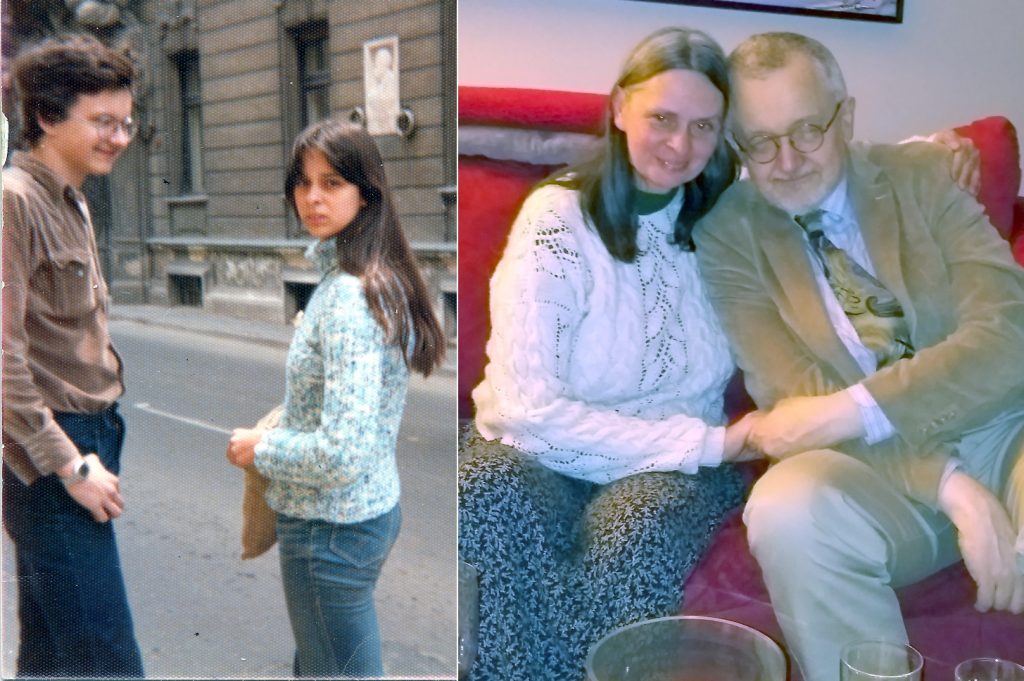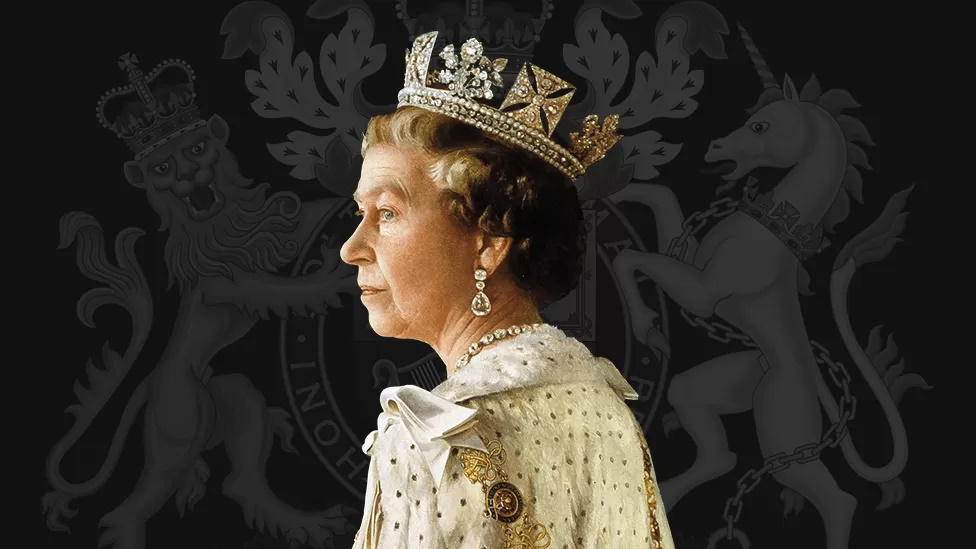I cannot escape the sensation that the unthinkable is drawing closer and closer with the passing of each and every day.
Today, the Institute for the Study of War released a special update, titled Assessing Putin’s Implicit Nuclear Threats After Annexation.
They assess that “Putin likely intends annexation to freeze the war along the current frontlines” and that if successful, “the Kremlin could reconstitute its forces and renew its invasion“.
They stress that although Putin mentioned nuclear weapons as he did in past speeches, he was “avoiding making the direct threats that would be highly likely to precede nuclear use“.
Nonetheless, the situation is wide open for miscalculation. As the ISW asserts, Putin “likely incorrectly assesses that his nuclear brinksmanship will lead the United States and its allies to pressure Ukraine to negotiate“.
The ISW then informs us that they “cannot forecast the point at which Putin would decide to use nuclear weapons“. That language is perhaps scarier than intended and not just because it raises the obvious question, if they cannot, who can? But also because it may be an accurate reflection of reality, as the question is not “if” but “when”.
Concerning Putin’s efforts, the ISW states that “rushing thousands of untrained and unmotivated Russian men to the front will not meaningfully increase Russian combat power“. And that while “Europe is in for a cold and difficult winter, yet the leaders of NATO and non-NATO European states have not faltered“.
In short: Putin is maneuvering himself and the West into a situation with fewer and fewer options, none of which are palatable.
In the end, the ISW comes to a conclusion that I wholly agree with: “The more confident Putin is that nuclear use will not achieve decisive effects but will draw direct Western conventional military intervention in the conflict, the less likely he is to conduct a nuclear attack“. This is why the West must make it abundantly clear that such a conventional intervention is a foregone certainty if nuclear weapons are used.
Is this enough? I have no idea. But it is the one option that might yet help us avoid turning this mess into WW3. Otherwise, the unthinkable just might happen… not in years, not in months, but possibly within weeks or less.
The trouble is, deep inside I suspect Putin already knows that there are no good outcomes left for him personally. And this is why he may decide, like other pathetic despots have done throughout history, that if he must burn, the world must burn with him. The trouble is, unlike despots of the past, Putin indeed wields the power to burn much of the world.






